神经科学哲学博士
Doctor of Philosophy in Neural Science

学历文凭
Ph.D.

专业院系
Department of Neuroscience

开学时间

课程时长

课程学费

国际学生入学条件
IDP—雅思考试联合主办方

雅思考试总分
7.0
- 雅思总分:7
- 托福网考总分:100
- 托福笔试总分:160
- 其他语言考试:NA
CRICOS代码:
申请截止日期: 请与IDP联系 以获取详细信息。
课程简介
Understanding the brain is one of the great scientific challenges. How does the nervous system allow us to sense, move, learn, decide, remember, and think How are the underlying neural circuits built by genetic and molecular programs How do neurons communicate via synapses to transmit and store information What goes wrong in neurodevelopmental disorders like autism and schizophrenia, and in neurodegenerative diseases like Alzheimer’s and Parkinson’s disease And how can we model neurons, circuits and systems to better understand the brain Graduate students in our PhD program in neuroscience are addressing these questions at labs located across NYU, using cutting-edge tools drawn from genetics, molecular biology, biochemistry, electrophysiology, microscopy, computer science, data science, and mathematics. This website is designed for you to learn about graduate training in neuroscience at NYU.Our program arises from two cooperative centers located just a few city blocks apart: the Center for Neural Science (CNS) and the Neuroscience Institute (NI). CNS, located at NYU’s Washington Square campus, is home to core neuroscience labs, has affiliate labs in biology, psychology, physics and data science, and is NYU’s portal for undergraduate neuroscience education. The NI is located at NYU’s school of medicine and houses additional core neuroscience labs, as well as affiliates from clinical departments and the Nathan Kline Institute. Together, CNS and NI serve as the joint pillars of graduate training in neuroscience at NYU, with research spanning genetic, molecular, cellular, developmental, systems, behavioral, and computational levels. Prospective graduate students apply through a single online portal and applications are jointly reviewed by a single admissions committee that spans CNS and NI.
相关申请
 预科
预科 奖学金
奖学金 实习机会
实习机会 在校学习
在校学习 跨境学习
跨境学习 校园授课-线上开始
校园授课-线上开始 在线/远程学习
在线/远程学习
开学时间&学费
学费信息仅供参考,请与IDP联系以获取详细信息
| 开学时间 | 时长 | 学费 | 地点 |
|---|
学校排名

世界排名27
数据源:
泰晤士高等教育世界大学排名
关于纽约大学

纽约大学NYU是全美最大的私立大学。 不仅如此,纽约大学NYU主校区每年会迎来2000为国际学生,纽约大学阿布扎比分校的国际生来自90多个国家,加上2013年开设的纽约大学上海校区,纽约大学NYU是名副其实的全球第一所 Global Network University。相比于522门专业,纽约大学NYU的学生普遍认为,在纽约这个全球最发达的城市所学到的街头知识同样重要。有人说,纽约大学,就是纽约本身。纽约大学提供惊人的522个专业供学生选择,其中商科类与艺术类专业尤其著名。本科阶段,你有机会从Dean’s Undergraduate Research Fund中获得250到2000美元不等的资金支持。教授会用他们的亲身经历来补充课堂上学习的内容,他们在上班时间和电子邮件里都一样平易近人。
本校相关课程
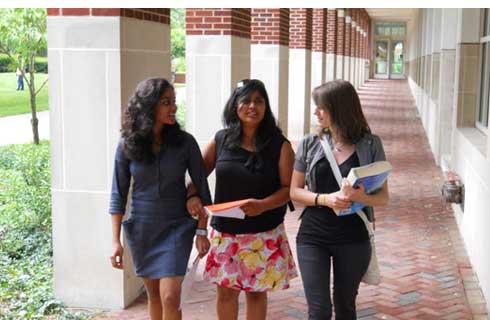
物理学哲学博士
学历文凭
Ph.D.
开学日期
课程费用总额


法学博士/哲学哲学博士
学历文凭
Double Major Degree
开学日期
课程费用总额


绩效研究哲学博士
学历文凭
Ph.D.
开学日期
课程费用总额


神经科学哲学博士
学历文凭
Ph.D.
开学日期
课程费用总额


中东和伊斯兰研究哲学博士
学历文凭
Ph.D.
开学日期
课程费用总额


大气海洋科学哲学博士
学历文凭
Ph.D.
开学日期
课程费用总额

其他相关课程
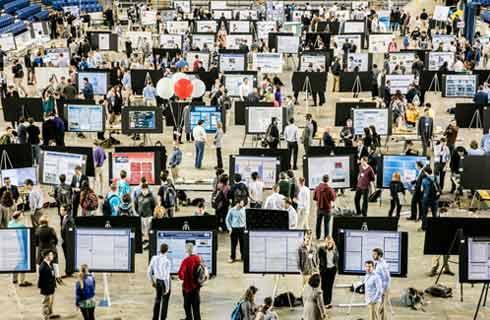
Master of Science in Neuroscience
 匹兹堡大学
匹兹堡大学学历文凭
Masters Degree
开学日期
课程费用总额

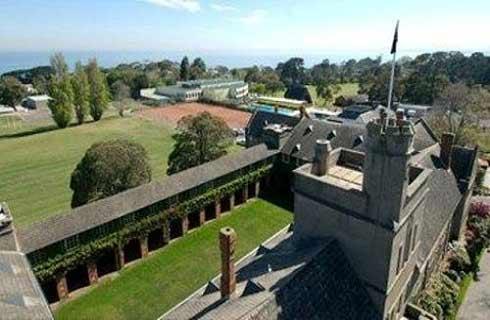
心理学文学硕士-认知和行为神经科学。
 乔治梅森大学
乔治梅森大学泰晤士高等教育世界大学排名:426
学历文凭
Masters Degree
开学日期
课程费用总额

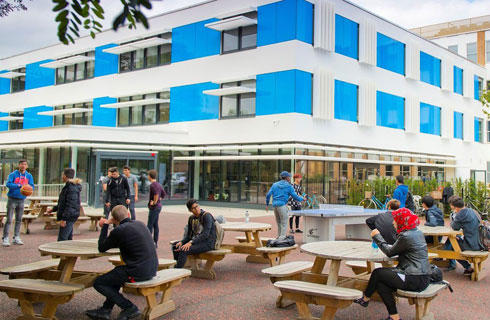
神经诊断技术艺术副学士
 贝尔维尤学院
贝尔维尤学院学历文凭
Associate Degree
开学日期
课程费用总额

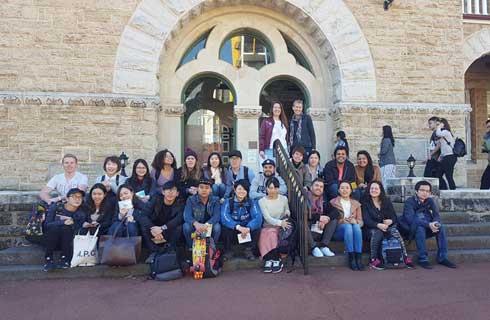
神经科学理学学士-Neuromotor(Honours)Co-Op
 布鲁克大学
布鲁克大学学历文凭
Bachelor Degree with Honours
开学日期
课程费用总额


Doctor of Philosophy in Neuroscience
 加州大学洛杉矶分校
加州大学洛杉矶分校泰晤士高等教育世界大学排名:19
学历文凭
Ph.D.
开学日期
课程费用总额

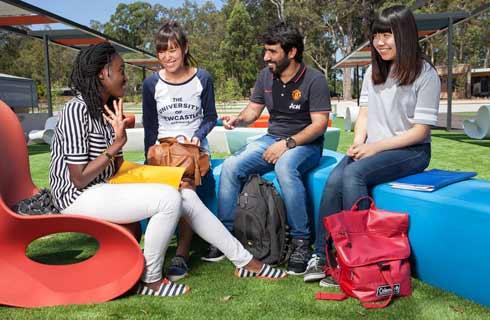
Bachelor of Arts in Neuroscience and Behavior (Premed)
 圣母大学
圣母大学泰晤士高等教育世界大学排名:194
学历文凭
Bachelor Degree
开学日期
课程费用总额










